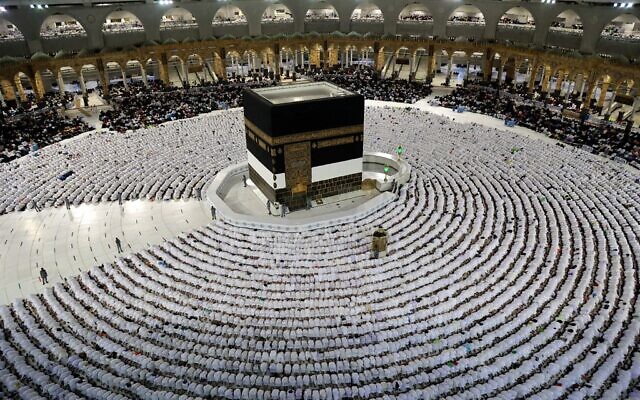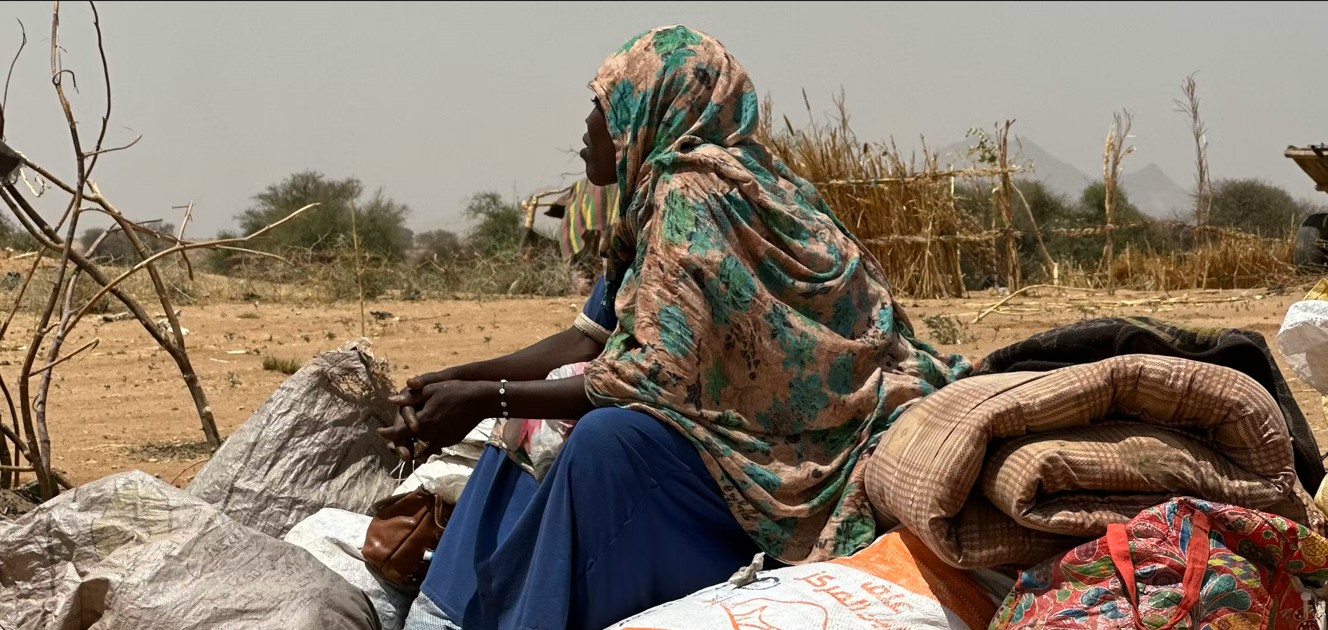Saudi warns pilgrims to brace for above-average heat during Hajj

Mecca and Medina will witness an increase in average temperatures of one and a half to two degrees above normal.
Saudi Arabia National Meteorology Centre chief Ayman Ghulam has warned pilgrims to brace for average high temperatures of 44 degrees Celsius during the Hajj, which commences next week, Friday, June 14.
Ayman, on Tuesday, added that Mecca and Medina will witness an increase in average temperatures of one and a half to two degrees above normal.
More To Read
- Senators summon Mudavadi over harassment, detention and deaths of Kenyans abroad
- Kenyan single mothers in Saudi Arabia urged to register children, collect birth certificates
- Diaspora remittances from Saudi Arabia fall to four-year low after new work permit rules
- Kenya opens Jeddah consulate, deepening Saudi ties
- Direct Nairobi-Riyadh flights to boost Kenya’s export earnings, bilateral ties
- Kenya’s envoy Mohamed Ruwange presents credentials to Saudi Crown Prince amid recall uncertainty
“The forecast indicates relative humidity of 25 per cent, rain rates close to zero, and an average maximum temperature of 44 degrees", Ghulam stated amid an influx of pilgrims.
Last year, Saudi Arabia recorded thousands of heat stress cases as more than 1.8 million Muslims participated in the Hajj.
Reports indicate that more than 2,000 people suffered heat stress after temperatures soared to 48 degrees Celsius.
Several deaths were reported but Saudi Arabia did not specify the causes of death or actual statistics on fatalities.
Solutions offered
Saudi Arabia will provide air-conditioned tents and misting systems to help pilgrims manage the heat levels.
Ghulam further advised the need for sufficient quantities of water to cover daily consumption amid the soaking temperatures.
He also encouraged organisers to transport food in refrigerators to preserve its freshness.
In February this year, the Saudi Ministry of Hajj and Umrah directed service providers to adhere to contract provisions, with a two-hour window to address any meal provision issues.
The Ministry also emphasised the importance of adhering to scheduled meal times and outlined specific meal distribution times for pilgrims at the holy sites of Mina, Arafat, and Muzdalifah, ensuring that pilgrims are entitled to compensation for any delays in meal service.
Compensation ranged from 1 per cent of the total package value, with specific caps for various meals.
Breakfast on the day of Arafat will be served from after the dawn prayer until 10 am, lunch from 1:30 pm to 3:30 pm, and dinner at Muzdalifah immediately after the pilgrims arrive from Arafat.
Meal times on the Day of Tarwiyah and the Days of Tashreeq will be breakfast from 5 am to 10 am, lunch from 1:30 pm to 3:30 pm, and dinner from 8:30 pm to 11:30 pm.
Other Topics To Read
Hajj
Hajj is one of the key five pillars of Islam, with every adult Muslim mandated to partake in it at least once in a lifetime, considering their financial and physical ability.
Pilgrims will participate in a series of rites that take up to four days to complete.
Top Stories Today















































